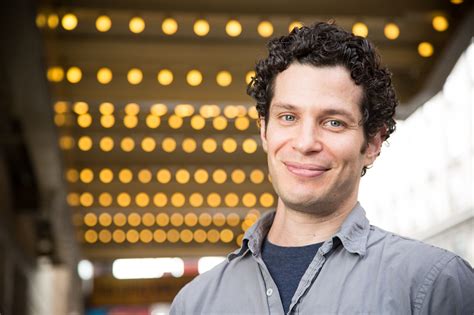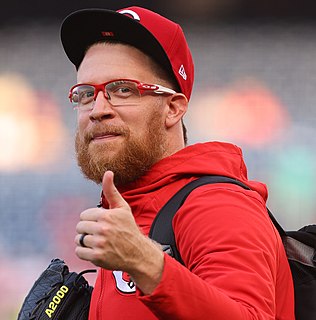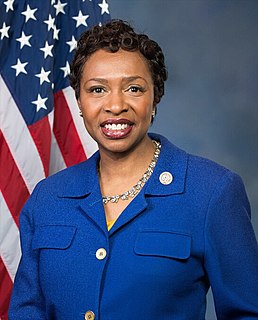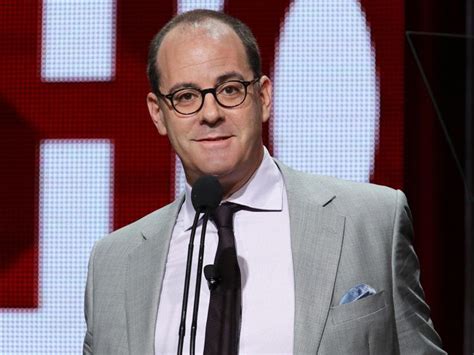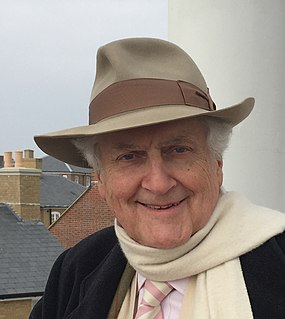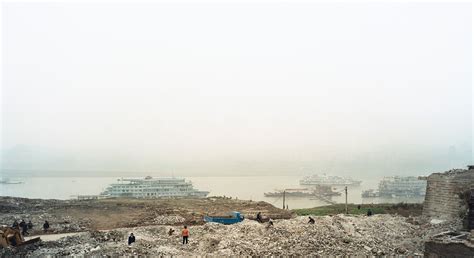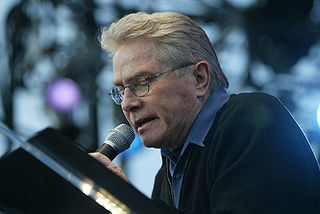A Quote by Thomas Kail
When you're driving into D.C. as a young kid and you go over the Key Bridge and see the Lincoln Memorial, Washington Monument, and Capitol Building, they become a part of the landscape for you. You are also constantly in contact with this idea that history, and the people that made it, are being remembered.
Related Quotes
Building a bridge, in my opinion, is a symbolic gesture, linked with the needs of people who cross over it, and with the idea of overcoming or surmounting obstacles. A modern bridge can also be a work of art. It helps to shape our daily lives and becomes a vital experience for all the people who use it.
You approach faith with humility. You can have some idea, but it boils down to do you see religion as a club, or do you see religion as a path? Do you see it as a wall that separates you or do you see it as a bridge that connects you to God and other people? When you see it as a bridge, you aren't so worried about bringing others over to your side.
Every time I would arrive in China I would go through a few days of depression from being reminded of both short-term and long-term ruin; the ruining of the city that is happening in the short-term, and the ruining of culture and history that has happened over decades. When you see a building that says so much about the culture that built it being destroyed, there are a lot of emotions. You feel a lot of anger when you see a building being destroyed and realize that it's just a small part of what's going on in the entire country.
Perhaps one could appoint three or four professional people specially concerned with the task of bridge building between the majority and the minority. Bridge building of this kind requires an effort from both sides. It's no good if the majority alone do it. The question is whether there is any response, whether people on the other side of the river also wish to try to build a bridge.
It's easier to be a grownup than to be a kid. When you're a kid, you lie constantly and people are always calling you on it. And when you're a grownup, you lie constantly and people rarely do. Children are constantly being caught. Adults rarely so. Being an adult, you also get a free pass, which means you have to actively be a good person because nobody's around to tell you to do that. Even evil kids will be good when adults are watching. But once you're an adult, no one is. As a grownup, you've got an agency over your own life, which hopefully you use for the greater good and not evil.
I love driving through Western Massachusetts, out through the Berkshires, when the road is empty and it's a nice day. I don't like driving home on Memorial Drive at 5:45 or 6:45 at night when it's crowded and stressful. I think that's true of most people, and the goal of automated driving is to take the stressful part of driving out of the task.
